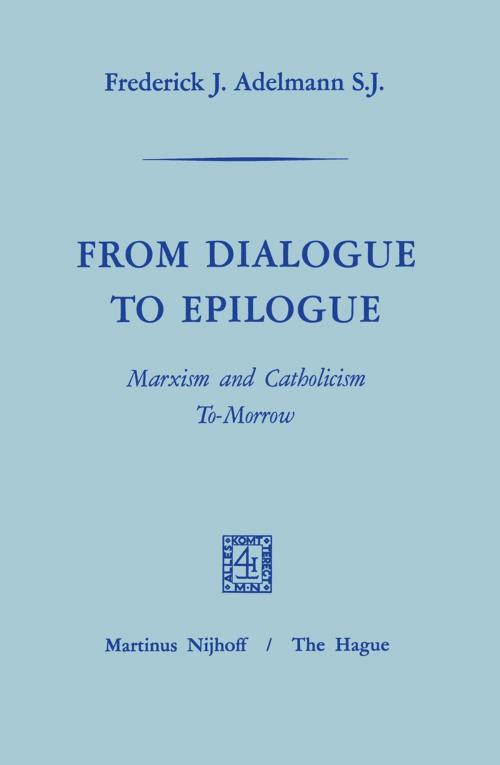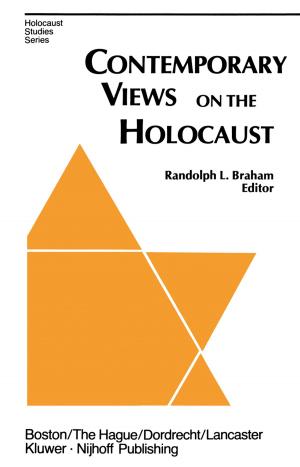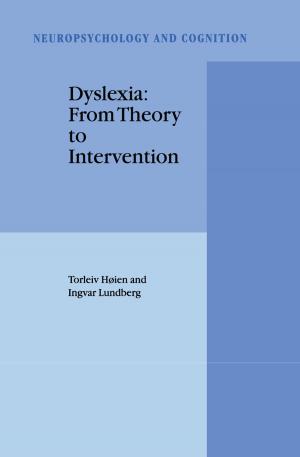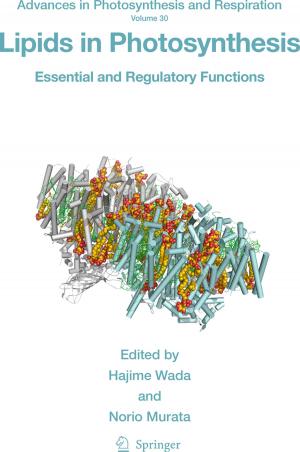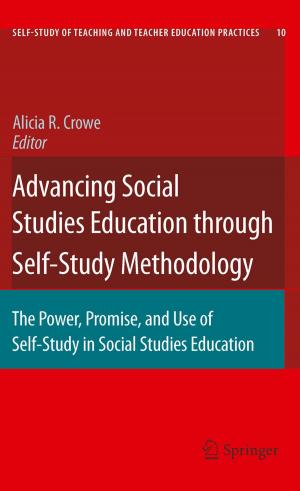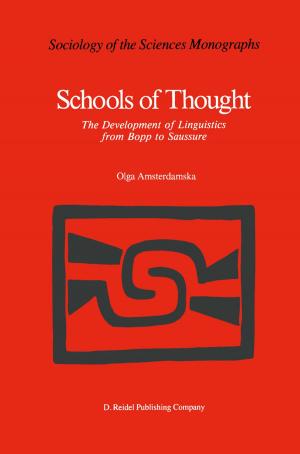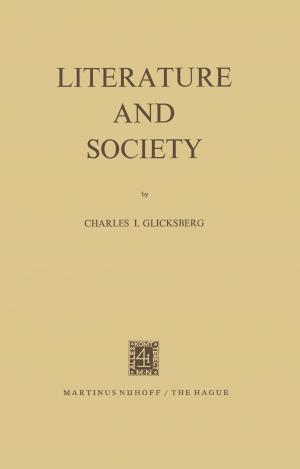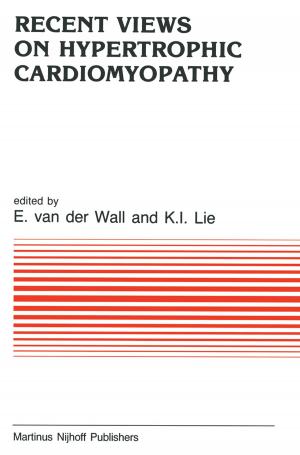From Dialogue to Epilogue Marxism and Catholicism Tomorrow
Nonfiction, Social & Cultural Studies, Political Science, Politics, History & Theory, Religion & Spirituality| Author: | Frederick J. Adelmann | ISBN: | 9789401191081 |
| Publisher: | Springer Netherlands | Publication: | December 6, 2012 |
| Imprint: | Springer | Language: | English |
| Author: | Frederick J. Adelmann |
| ISBN: | 9789401191081 |
| Publisher: | Springer Netherlands |
| Publication: | December 6, 2012 |
| Imprint: | Springer |
| Language: | English |
This is an authentic book. Its style fits its situation. The encounter between Marxism and Catholicism was yesterday diatribe, is today dialogue, and tomorrow will be epilogue. The virtue of Father Adelmann's writing is to make us aware that we are in via. Happenings are everywhere, not just in hippieland. In Salzburg and South Bend, in Chiem see and Cambridge conversations are going on - conversations that are no less than con fessions. For Catholics and Marxists are listening to each other and are changing their minds. It has been the peculiar good fortune of the author of this book to have been both recorder and participant in these changes. He has experienced the transition from diatribe to dialogue in his own thoughts and feelings, and he has here written not an outsider's account, but an insider's recounting. He is not simply this volume's author, but also one of its case of characters. Hence the style of his writing is apperceptively autobiographical. It fits the situation. He is a character in a play, who is also that drama's author. His essay, then, is not simply a discussion of the relation between Catholicism and Marxism today, but is a contribution to ward a new relation between them and tomorrow.
This is an authentic book. Its style fits its situation. The encounter between Marxism and Catholicism was yesterday diatribe, is today dialogue, and tomorrow will be epilogue. The virtue of Father Adelmann's writing is to make us aware that we are in via. Happenings are everywhere, not just in hippieland. In Salzburg and South Bend, in Chiem see and Cambridge conversations are going on - conversations that are no less than con fessions. For Catholics and Marxists are listening to each other and are changing their minds. It has been the peculiar good fortune of the author of this book to have been both recorder and participant in these changes. He has experienced the transition from diatribe to dialogue in his own thoughts and feelings, and he has here written not an outsider's account, but an insider's recounting. He is not simply this volume's author, but also one of its case of characters. Hence the style of his writing is apperceptively autobiographical. It fits the situation. He is a character in a play, who is also that drama's author. His essay, then, is not simply a discussion of the relation between Catholicism and Marxism today, but is a contribution to ward a new relation between them and tomorrow.
